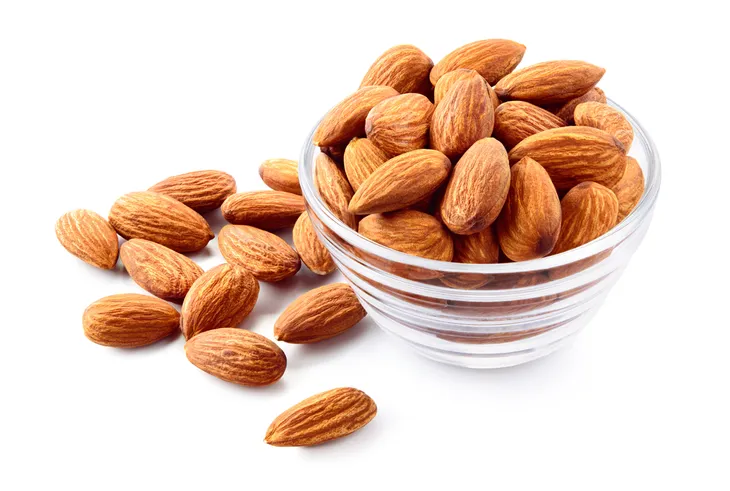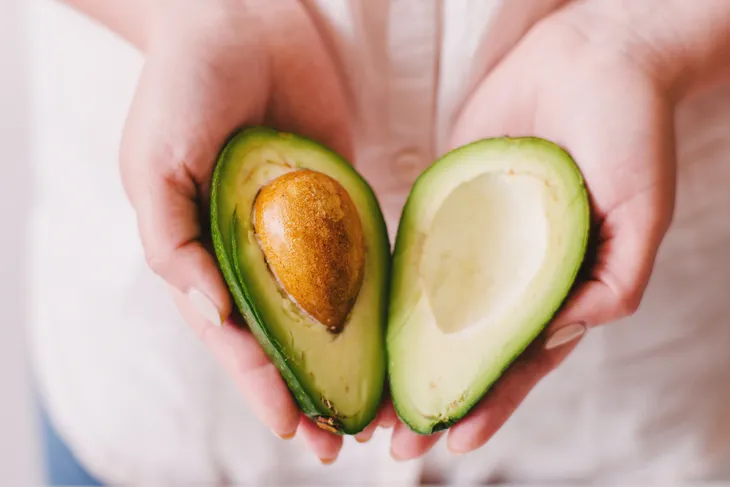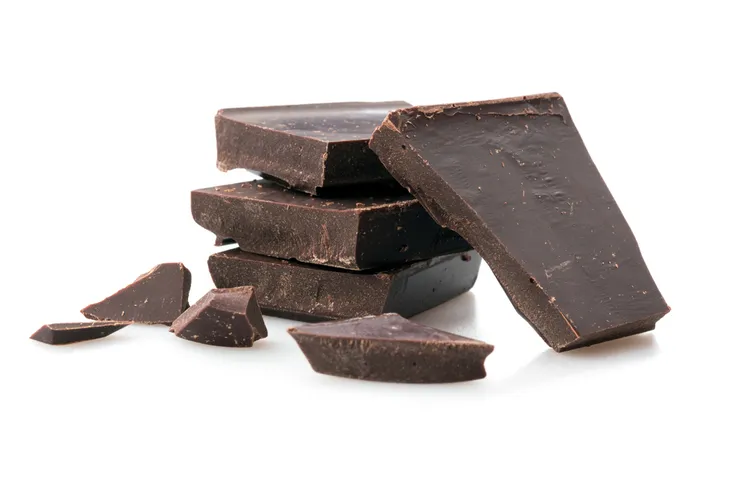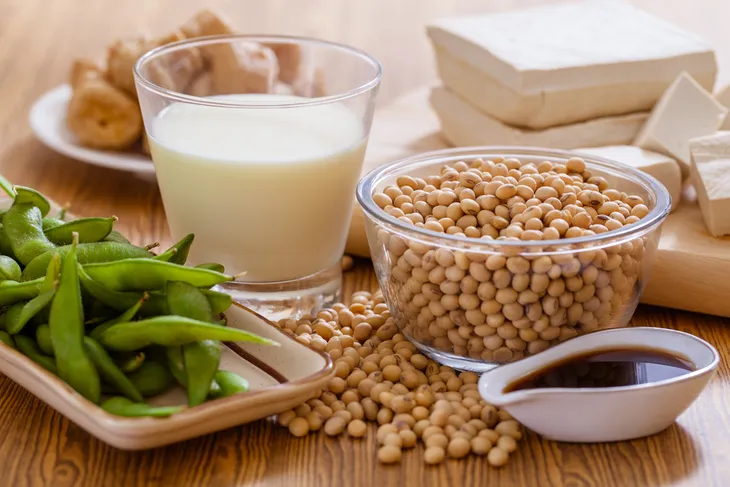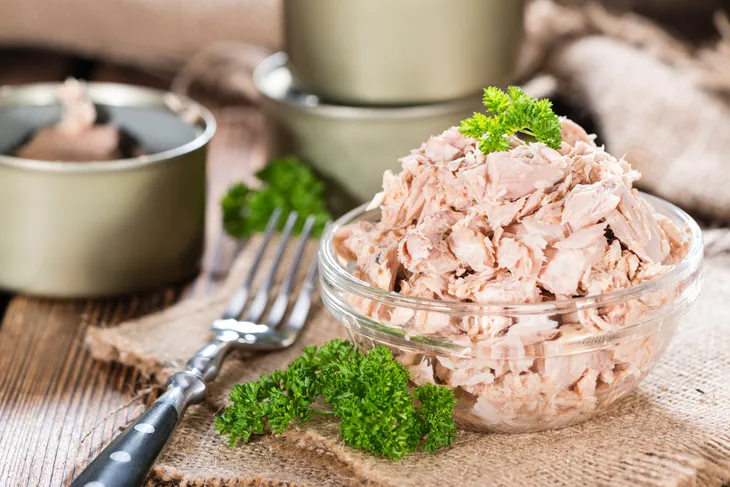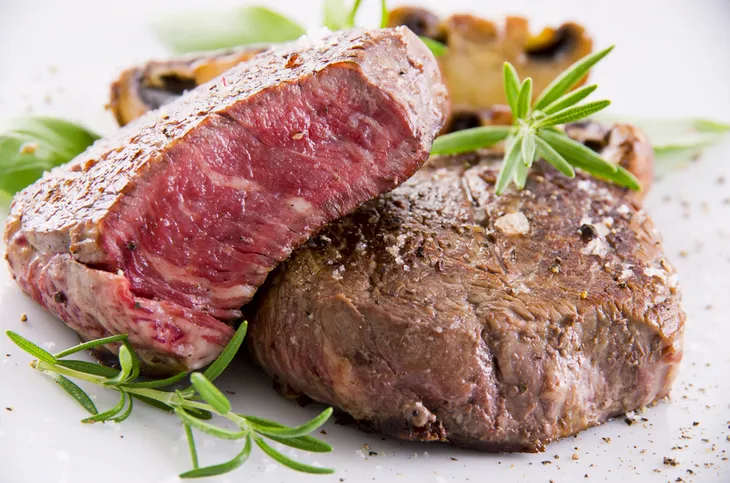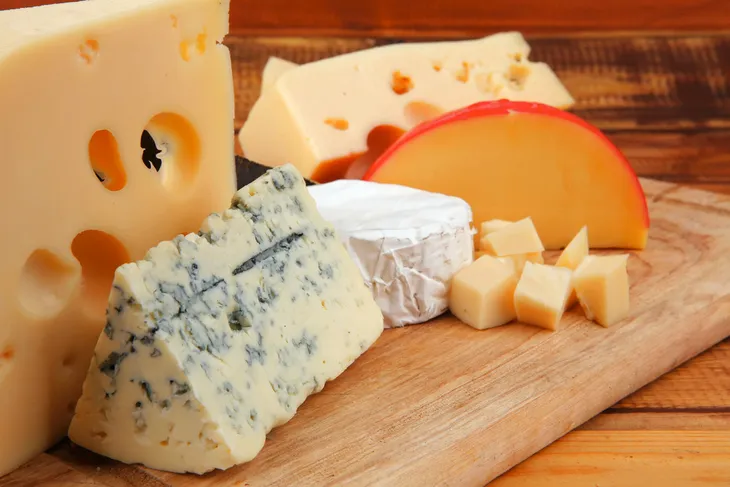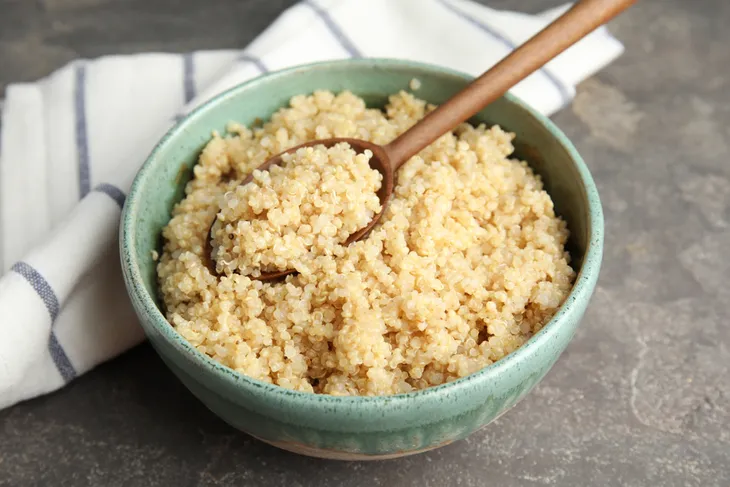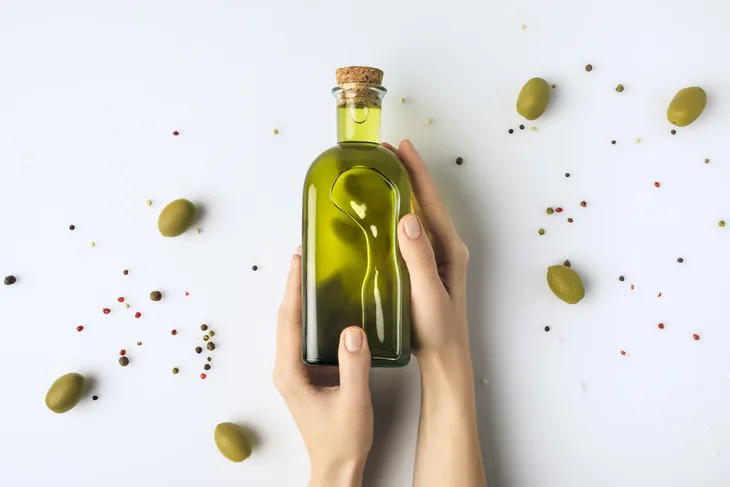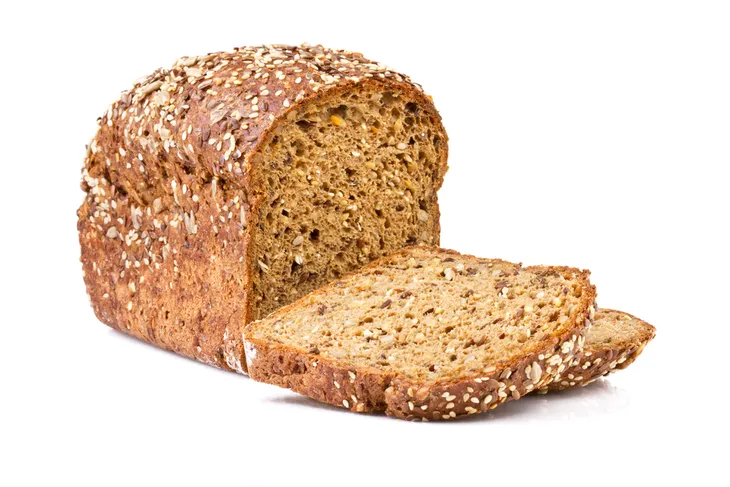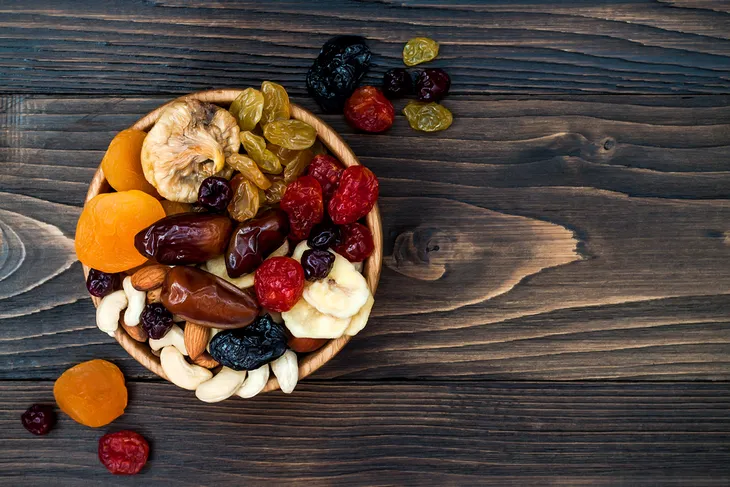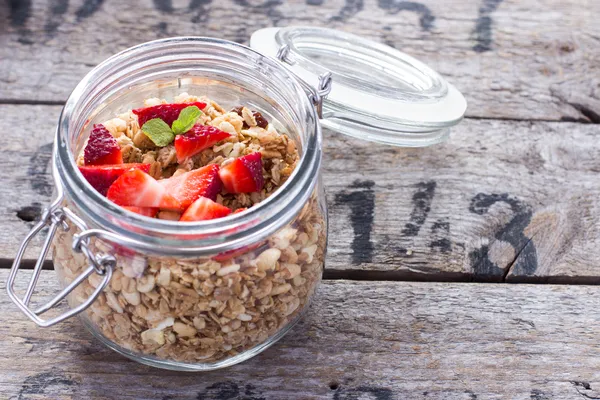Everything should be enjoyed in moderation – even healthy foods. That’s because if you consume too much of them, they’re no longer a benefit – and may even become a liability.
Whether it’s from fat content or hidden sugars, there are some negatives that can fly under the radar of the positives of certain foods. Here are 14 popular foods with health benefits that you should enjoy a bit at a time…
Nuts
Healthline explains that nuts and nut butters are a good source of protein – the building blocks of your body. In fact, it says “one small handful” of almonds contains more than 7-grams of protein and 18-grams of “healthy” fats.
However, they’re also packed with calories, meaning they could lead to weight gain if their intake is not controlled. Unless of course you’re looking to pack on some pounds, in which case a couple of handfuls per day on their own or with a meal will do.
Avocados
AARP touts the many positive properties of avocados – for example, they’re apparently rich in lutein (good for the eyes), fiber, vitamins B6, C, E, as well as potassium, magnesium and folic acid. That’s a pretty good resume for any food.
Its fat content is also the healthy kind that can actually help lower bad cholesterol. However, it also makes the AARP list of foods that pack a lot of calories – it says a “medium” avocado has around 276-calories, which is more than 10-percent of the recommended calorie intake per day.
Dark Chocolate
Any phrase with the word “chocolate” in it is going to grab the attention of most people. Dark chocolate is the less processed version of chocolate, with less of the dairy and sugar than milk chocolate, but you have to be wary of what the label says.
Shape notes dark chocolate is rich in flavonoids, which have antioxidant properties. However, the source says it’s “easy to get carried away with this delicious treat” and that you should be aware that 1-bar can contain up to 600-calories (which is around Big Mac levels). It can also leave you constipated or make it hard to sleep if you consume too much, it adds.
Soy
There’s no doubt that soy is high in protein, and a popular choice for those who forego meat. However, MSN.com warns that too much soy “can interfere with healthy hormones and can cause disruptions in the body.”
In particular, it says women with a high risk of breast cancer or “other hormone-sensitive conditions” should keep this in mind or consult with a doctor before making soy a regular thing.
Canned Tuna
Tuna is a “tasty addition to a healthy diet,” is high in protein and rich in Omega-3 fatty acids, and makes a great addition to salads or sandwiches (or be consumed on its own).
Okay, now that the good news is out of the way, here’s what MSN.com has to say about it: tuna has mercury that can be dangerous to pregnant women when eaten in large quantities. The Environmental Defense Fund says canned light tuna might be a better choice than canned white tuna in terms of mercury content. While white tuna has more part per million of mercury than light, “Adults, including pregnant women, can safely eat this kind of tuna up to three times a month,” it says.
Red Meats
Who doesn’t love a juicy, medium-rare steak off the barbecue? Well, quite a few people, actually, but it doesn’t make it less delicious or nutritious. Healthline explains red meats “are probably one of the best muscle-building foods available,” and that steak in particular contains about 3-grams of leucine (an amino acid in muscle production) per 6-ounce serving.
However, red meat is also a great way to gain weight thanks to relatively high calorie content and fats – which is not ideal if that’s not your goal. If you’re looking for protein without the possible bulking up effect, choose lean meat such as skinless chicken breasts.
Cheese
This is another household staple that comes in many forms, and is hard to resist unless you’re lactose intolerant or vegan. Healthline says eaten in larger quantities, it delivers a healthy punch of protein.
However, it also says cheese is high in calories and fats, so that may be an unwanted addition to the protein content. “Since cheese is incredibly tasty, you can add it to most dishes and easily add several hundred extra calories,” it notes.
Quinoa
Many people are turning to this grain as an alternative to rice, believing it to be lower in calories than rice. However, Shape points out that 1-cup of cooked quinoa contains 222-calories, which is roughly the same as 1-cup of brown rice.
However, that’s not to say quinoa is not beneficial – it’s a “tasty and versatile protein source,” it adds. Shape recommends keeping your quinoa portions to that of rice – about 0.5-cups.
Olive Oil
This oil is very versatile, and can be used for many cooking applications. It also has anti-inflammatory properties “associated with a lower risk of heart disease,” notes the AARP.
However, you guessed it, there’s a downside to olive oil too. It’s this: 1-tablespoon of extra virgin olive oil packs 120-calories. Keep this in mind if you’re using it as an ingredient to make salad dressing, for example.
Whole Grain Bread
You’ve probably been hit over the head about the benefits of eating whole grain over white bread, due to white bread containing refined carbohydrates that can spike your blood sugar.
However, whole grain bread also makes Healthline’s list of foods that can help you gain weight, especially when combined with a protein source. That’s great if you’re looking to build mass, not so great if you’re looking to drop some pounds. It’s important to understand the serving size of whole grain bread so you can avoid excessive calorie intake.
Dried Fruit
Fruit is good for you, and eating fruit is never a bad idea. But this list isn’t about foods that are bad for you; it’s about foods that are potentially bad for you if you eat too much of them.
Healthline says dried fruits in particular are a good source of antioxidants and micronutrients, which are essential vitamins and minerals required in small quantities. They’re also high in fiber. “However, they have a very high sugar content and are not ideal for weight loss diets,” it adds.
Yogurt
Healthline has many good things to say about yogurt of the full-fat variety – for example, it says it’s a healthy and convenient snack, and there are many ways to consume it such as combining it with fruit, layering it with granola and fruit to make a parfait, or even adding it to a smoothie.
However, this form of yogurt also makes the list of foods that will help you put on pounds, so if that doesn’t sound good to you, consider lower fat forms of yogurt – avoid Greek yogurt or those that are pre-filled with fruits.
Salmon
This is another fish that’s hard to resist for its flavor and nutritional benefits, such as high protein content and Omega-3 fatty acids that are important for body and brain function.
However, Shape.com warns “it’s not as light on calories as you might think,” noting that a single 6-ounce serving of salmon can contain 400-calories and 20-grams of fat. It suggests keeping your serving size to 3-ounces.
Granola
Shape.com says that granola often gets passed off as a health food, and that’s not to say it doesn’t have any healthy properties. However, it notes that 1-cup of granola can equal “a full dinner’s worth of calories.”
In case you were wondering, that amounts to 597-calories along with 29.4-grams of fat per cup, depending on the exact ingredients, it adds – “this is one of those ‘health’ foods you should skip if you want to lose weight.”

